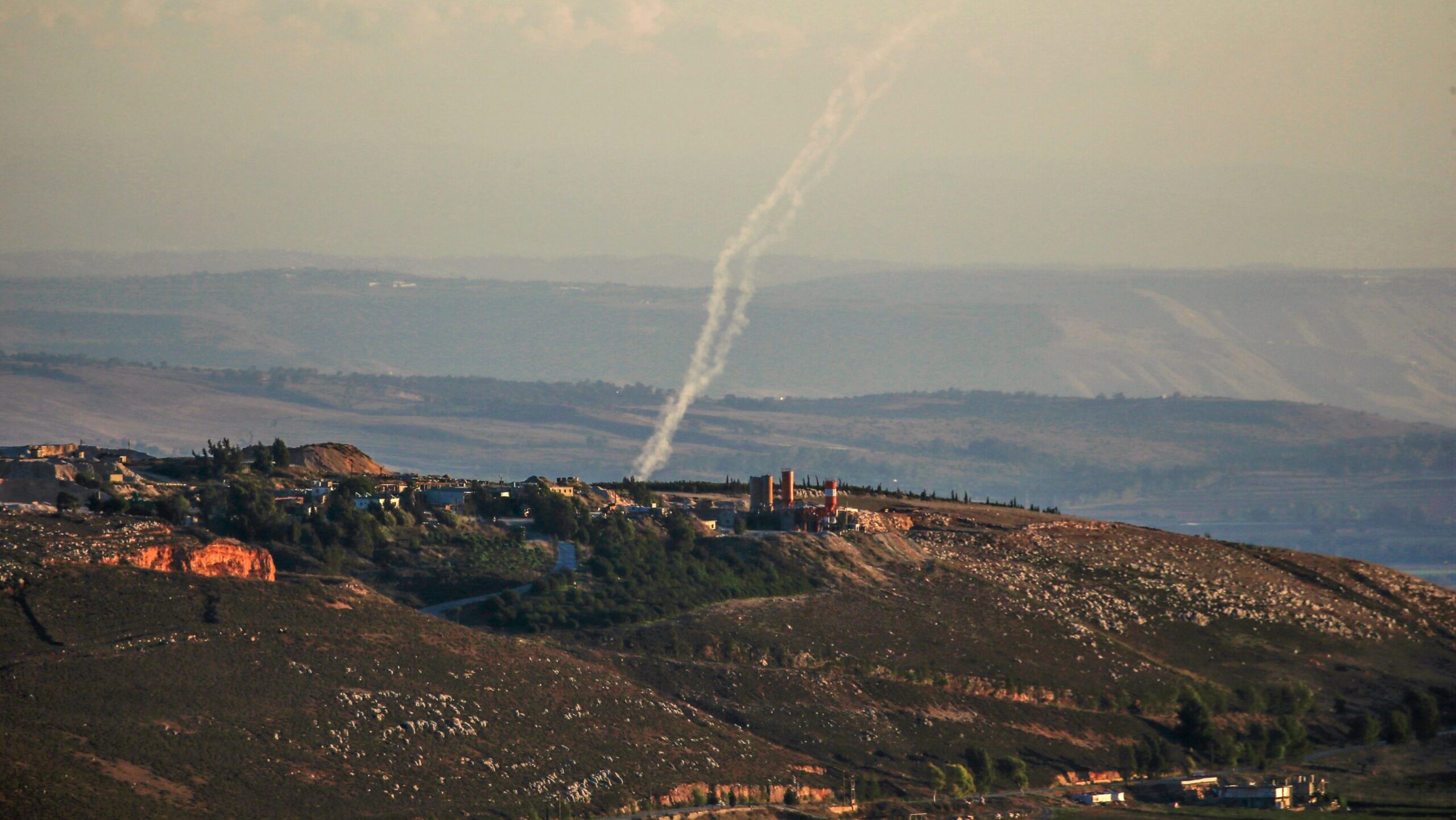Israel’s Northern Border Faces Rising Threat of Conflict With Hizbullah
In the heart of the Gaza Strip, the Israel Defense Forces (IDF) are currently engaged in an all-out war against Hamas, committed to an all-encompassing ground, sea, and air offensive with the singular goal of destroying the terrorist organization responsible for the October 7 rampage that left over 1,200 dead and thousands more injured.
While the IDF’s military objectives in Gaza currently take precedence in the eyes of Prime Minister Benjamin Netanyahu’s wartime government, tensions along Israel’s northern border continue to worsen as cross-border clashes with Hizbullah have become considerably more frequent.
In a Saturday interview with Israel’s Channel 12 news, Israeli national security advisor Tzachi Hanegbi publicly acknowledged that Israel may need to go to war with Hizbullah to ensure the safety and security of Israel’s northern communities.
Hanegbi, a member of Prime Minister Netanyahu’s governing Likud Party and a part of Israel’s war cabinet told Channel 12 that “[Israel] can no longer accept [Hizbullah’s] Radwan force sitting on the border,” adding that “residents will not return” unless Israel takes drastic precautionary steps to guard against another October 7-style attack.
Since October 8, Hizbullah and Israel have traded blows in the form of rocket attacks and air strikes on a near-daily basis, leading to the evacuation of some 60,000 residents of border communities over the previous months.
Ninety-six Hizbullah fighters and six Israeli soldiers have been killed in cross-border clashes over the two months.
Israel and Hizbullah were last engaged in open war in 2006. The conflict officially ended when the United Nations Security Council unanimously passed Resolution 1701, signed by the Israeli and Lebanese governments. The agreement required Hizbullah to be disarmed and prohibited from operating within 30 kilometers of the border, with only United Nations Interim Force in Lebanon (UNIFIL) peacekeepers and Lebanese armed forces allowed to patrol the “Blue Line.”
Hanegbi asserts that UNSCR Resolution 1701 failed to prevent Hizbullah from militarizing along the border, and waiting until now to address Hamas has already been “17 years late,” as Hanegbi believes the terrorist organization could invade Israel “within minutes.”
When asked directly if there would be a full-scale war in the north, Hanegbi argued that a major shift is necessary.
“If Hizbullah agrees to change things via diplomacy, very good. But I don’t believe it will,” he added.

